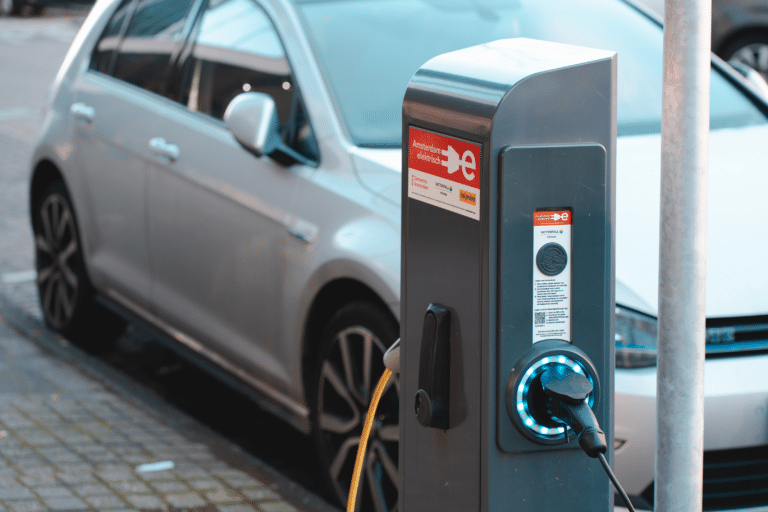The Car Insurance Quotes That Are Too Good to Be True: Oversurge in Ghost Brokers Targeting Young Drivers
In recent years, young drivers have increasingly fallen victim to fraudulent car insurance schemes known as “ghost broking.” These scams promise unbelievably cheap car insurance quotes, luring inexperienced motorists into purchasing invalid policies. The consequences can be devastating—leaving victims uninsured, financially drained, and even facing legal repercussions.

The Rise Of Ghost Brokers
Ghost brokers are fraudsters who pose as legitimate insurance intermediaries, offering seemingly unbeatable car insurance quotes to unsuspecting drivers. According to This Is Money, these scams have surged by over 50% in the past two years, largely due to the rising cost of insurance premiums for young motorists. Many of these fraudulent brokers operate through social media platforms such as Facebook, Instagram, and TikTok, where they advertise fake policies that appear legitimate, says LBC.
According to the Insurance Fraud Bureau (IFB), young drivers are particularly vulnerable because they often struggle with high insurance costs and lack experience in purchasing policies. A recent YouGov survey found that nearly 18% of 18-24-year-olds have searched for car insurance on social media, making them prime targets for ghost brokers.
How Ghost Brokers Operate
Ghost brokers use various tactics to deceive their victims. Some fraudsters take out real policies using stolen personal details, then sell them at a reduced rate. Others simply forge insurance documents, leaving buyers unknowingly uninsured, according to Daily Express. In many cases, victims only realize they have been scammed when they attempt to make a claim or are stopped by police for driving without valid insurance.
The IFB has detected thousands of fraudulent motor insurance policies linked to ghost brokers, with an estimated 115,000 cases identified between 2023 and 2024. The financial and legal consequences for victims can be severe, including fines, license points, and even vehicle seizures.

Warning Signs and Prevention
To avoid falling victim to ghost brokers, young drivers should be cautious when encountering car insurance quotes that seem too good to be true. Some red flags include:
- Unrealistically cheap upfront quotes.
- Sellers who only communicate via private messages on social media or WhatsApp.
- Lack of a legitimate website, UK landline number, or registered business address, according to Aviva.
The Association of British Insurers (ABI), the City of London Police, and the IFB have launched awareness campaigns to educate drivers about the dangers of ghost broking. Fraud Minister Lord Hanson emphasized the importance of vigilance, urging motorists to verify brokers through official channels such as the Financial Conduct Authority (FCA) and the British Insurance Brokers’ Association (BIBA).
Considerations
The surge in ghost broking scams highlights the urgent need for young drivers to exercise caution when seeking car insurance quotes. While the promise of cheap insurance may be tempting, the risks far outweigh the benefits. Young drivers, eager to find affordable coverage, are particularly vulnerable to fraudulent brokers who exploit their lack of experience.
By staying informed and verifying brokers through official sources, motorists can protect themselves from financial loss and legal trouble. Falling for these scams can result in severe consequences—driving uninsured, facing hefty fines, and struggling with financial loss.
Awareness is the key to preventing fraud. By staying informed and recognizing the warning signs, drivers can avoid being deceived by too-good-to-be-true car insurance quotes and secure reliable, legal coverage. Spread the word, stay cautious, and don’t let ghost brokers take advantage of unsuspecting motorists. Safe driving starts with informed decisions and don’t we know it.
If you’re a new driver and looking to find out what the cheapest cars are to insure, we’ve got you covered. The thought of having to buy car insurance as a new driver can be daunting, so you’ll be pleased to know that there are some cheap cars out there that you can insure.


















































